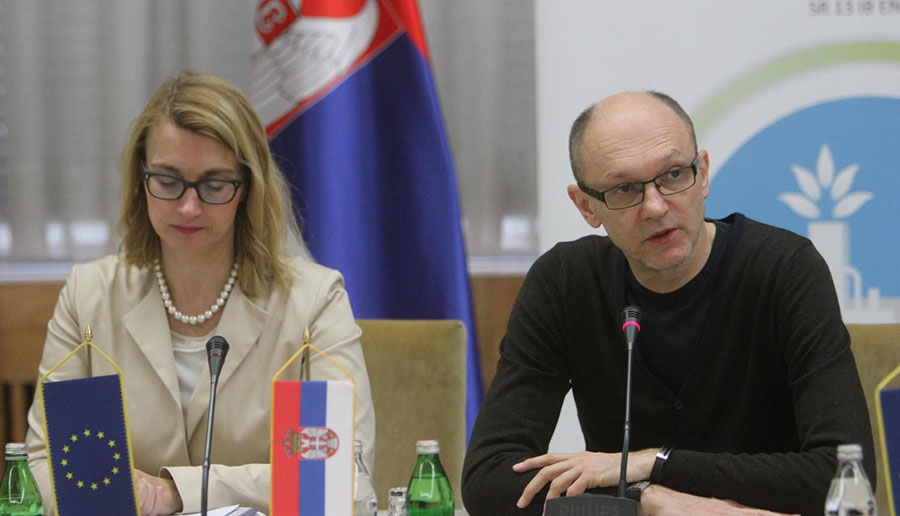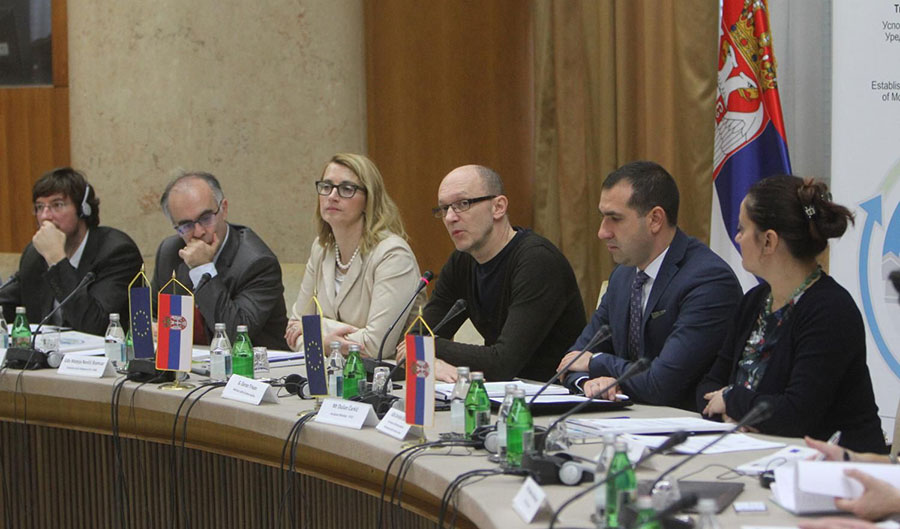The Government of Serbia has prepared a draft Law on Climate Change which, upon the adoption, will enable strategic planning and improved adaptation to climate change, the process in which the country will have to invest between EUR12-15 billion.
Minister of Environmental Protection Goran Trivan presented the data at the closing conference of an EU-funded Twinning project Establishment of a mechanism for implementation of Monitoring Mechanism Regulation worth EUR1.2 million.
Trivan said that the Law on Climate Change “is among the most vital laws to be adopted by Serbia, as the area it covers affects all segments of the society.“
Minister said that the Law and its accompanying documents would be a precondition for both the process of EU integration and adaptation of Serbian economy to international economic developments.
Deputy Head of the EU Delegation to Serbia Mateja Norcic Stamcar said that “closure of the Twinning marked a step forward in harmonising Serbian legislation with EU acquis in the area of environment that will create better health conditions for citizens and help protect future generations from adverse consequences of climate change.“

FoNet
“Project results are rather tangible. Experts have drafted the Law on Climate Change which will allow the implementation of the Monitoring Mechanism Regulation and Emission trading Directive,“ she said.
She described the project as vital for Serbia which, being an EU candidate country, should engage in a comprehensive strategy aimed at reducing GHG emissions.
Stamcar said that a transition to low carbon economy was a challenging process as it required heavy investment in renewables, energy efficiency and sustainable forest management.
All of which will create a positive impact on citizens’ health, cleaner industries, longer life expectancy, etc., she said.
“The EU will therefore continue working hand in hand with Serbia on setting up the low carbon economy,“ she said and added that EU strived toward making its economy more environment-friendly and energy efficient which is why it is working to cut GHG emissions by 80% compared to 1990 levels by 2050.
The Twinning project, which kicked off in May 2015, has been implemented with French Ministry of Ecological and Solidarity Transition and Interprofessional Technical Centre for Studies on Air Pollution (CITEPA).




